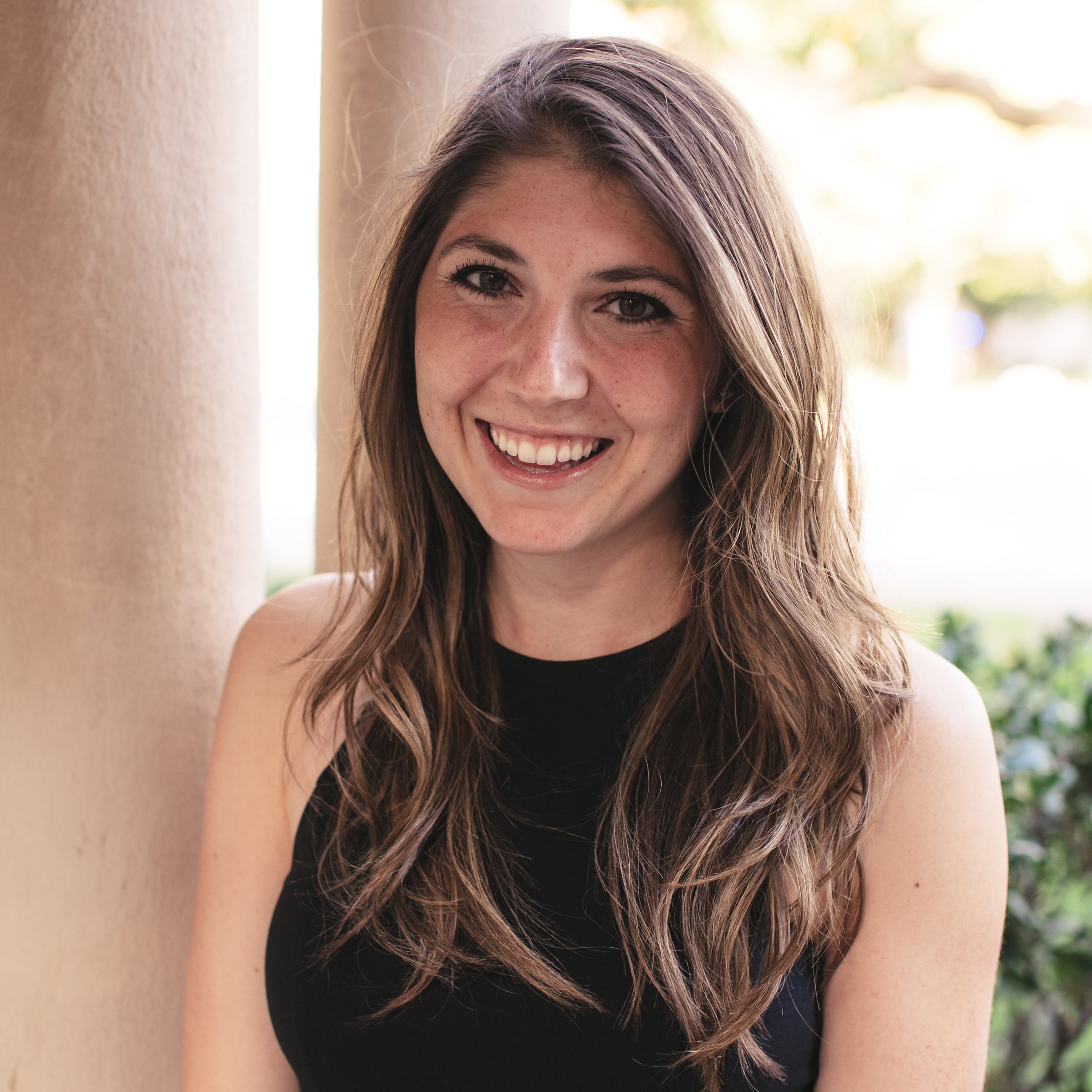Occupational Therapy-Improving Daily Living
Learning Objectives
After this presentation, participants should be able to:
- Identify the difference between activities of daily living, instrumental activities of daily living, as well as other areas of occupations
- Apply the concept of client-centered occupation-based goals to their practice
- Analyze the patient’s basic activities and apply modifications, adaptations, or compensatory strategies appropriately
Intended Audience:
This online course is designed for occupational therapists and assistants, rehabilitation specialists, and healthcare managers and administrators in healthcare facilities.
Abstract:
Occupational Therapy (OT) is a discipline focused on enabling “people of all ages to live life to its fullest by helping promote health and prevent – or live better with – injury, illness, or disability” (AOTA, 2021). Herein, we briefly discuss the definition of occupation, review theoretical models, and examples of adult and pediatric interventions.
Assessment and Earning CME Credit:
This course in English is not CME-accredited. However, it provides valuable educational content that can enhance your knowledge and skills in the subject matter.

Dr. Madison Harris, OTD
Dr. Madison Harris is a board-certified occupational therapist and Los Angeles native. She graduated with her Bachelors, Masters, and Doctorate all in Occupational Therapy from the University of Southern California. Occupational therapists help patients do the things that they want to do and need to do throughout the day. Intervention may include modifications or adaptations to activities to promote overall engagement. Currently, she works at The University of California, Los Angeles in Pediatric and Adult Neurology with patients who have experienced sports-related and military-related traumatic brain injury. Dr. Harris is also developing a traumatic brain injury program for U.S. veterans with her neurology, neuropsychology, nutrition colleagues. This program focuses on daily wellness, pain management, change in identity and structure of daily routine following military retirement, and promotion of engagement in meaningful activities. Dr. Harris also has a private practice in Los Angeles, where she works to help professional athletes adapt to retirement after a professional sports career.
